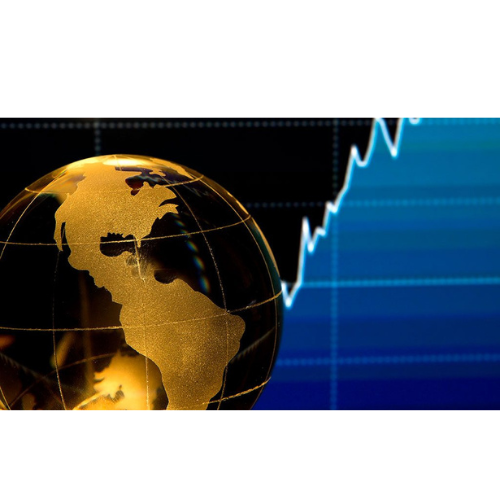From Gold Surges to Fed Scandals: The 10 Biggest Economic Stories Right Now
What’s happening in the global economic landscape today, September 5, 2025. The 10 most important news stories to close out the week:
1. Gold Surpasses U.S. Treasuries in Central Bank Reserves for First Time Since 1996
Global central banks now hold more gold than U.S. Treasuries—a historic shift driven by inflation fears, geopolitical tensions, and concerns over U.S. debt. Gold futures hit a record $3,600 per ounce, and 43% of central bankers plan to increase their gold holdings in 2025. This marks a major rebalancing in global reserve strategies.

2. U.S. Labor Market Slows Sharply, Fed Poised to Cut Rates
The U.S. added just 22,000 jobs in August, with unemployment rising to 4.3%, its highest since 2021. Analysts now expect the Federal Reserve to cut interest rates by 25 basis points this month, prioritizing labor market stability over inflation control. The slowdown is linked to Trump-era tariffs, immigration policy, and federal job cuts.
3. Trump’s Tariff Plan Triggers Global Inflation Concerns
Donald Trump’s push for a 10% universal import tariff has sparked warnings from economists and central bankers. A Fed governor cautioned that such measures could reignite inflation and disrupt global trade. Legal challenges are underway, and the Supreme Court may soon rule on the constitutionality of these tariffs.
4. Eurozone Growth Flatlines at 0.1% Amid Investment Slump
Eurostat confirmed that Eurozone GDP grew just 0.1% in Q2, down from 0.6% in Q1. Germany and Italy contracted, while Spain and France showed modest growth. Investment fell sharply, and exports declined, raising fears of stagnation across the bloc.
5. UK Bond Yields Hit 27-Year High as Budget Fears Mount
Yields on 30-year UK gilts surged to 5.73%, the highest since 1998. Investors are demanding higher returns amid doubts over fiscal sustainability and political reshuffling in the Starmer government. Mortgage rates and borrowing costs are expected to rise, putting pressure on households and businesses.
6. Retail Supply Chains Under Threat from Geopolitical Conflicts
A report by Proxima and Oxford Economics warns that geopolitical tensions—including wars, tariffs, and cyber risks—are disrupting retail supply chains. Lead times are rising, insurance costs are surging, and retailers are shifting to multi-sourcing and nearshoring strategies to mitigate risk.
7. Global Bond Markets Stabilize—But Fiscal Storm Clouds Loom
After weeks of volatility, bond markets showed signs of stabilization. However, long-term yields remain elevated due to fiscal concerns in the U.S., UK, France, and Japan. Analysts warn that without structural reforms, another wave of sell-offs could hit sovereign debt markets.
8. Indonesia Joins Top 10 Largest Economies Globally

Indonesia has officially entered the global top 10, ranking #7 with a GDP of $4.98 trillion. The IMF attributes this rise to strong domestic consumption, a booming digital economy, and demographic growth. Indonesia now surpasses France and the UK in PPP-adjusted GDP.
9. Investors Flee Risk, Flock to Safe-Haven Assets
Amid rising uncertainty, investors are pouring billions into gold, short-term Treasuries, and low-volatility ETFs. Gold has become the premier safe-haven asset, outperforming equities and crypto. The shift reflects fears over inflation, trade wars, and central bank independence.
10. U.S. Justice Department Opens Criminal Probe into Fed Governor Lisa Cook
Federal Reserve Governor Lisa Cook is under investigation for alleged mortgage fraud, accused of misrepresenting multiple properties as primary residences. The probe, initiated by Trump-appointed officials, raises concerns about political interference in central bank independence.
